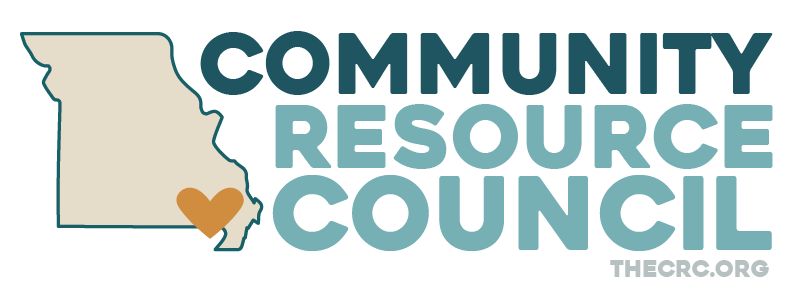I want you to think back to your own childhood and think about something that scared you as a child. In my own childhood, it was always the dark. I was fine until my parents turned off the lights at night, and all of the sudden I was concerned of what may be lurking in the shadows. This is a completely typical childhood fear, that I was able to overcome as I got older and realized there was nothing in my room in the dark that wasn’t there when the lights were on. My fully developed brain is able to think more logically about situations that I was capable of when I was a child.
Now I want you to think about a time in your adult life when you have felt fear. Regardless of the situation that caused you to feel the fear, I think we can all agree on one thing. When you feel true fear, it is hard to focus on anything else. Our bodies are wired to respond to fear. Typically, our bodies respond to fear in one of three ways: fight, flight, or freeze. Our reaction could depend on a variety of factors such as the situation and our past experience.
There was a large study on Adverse Childhood Experiences in the 1990’s. You can learn more about the ACE study here: Adverse Childhood Experiences (ACEs) (cdc.gov). This study revealed how childhood trauma has long-term impacts on the body. There is even research that tells us that trauma actually changes the way our DNA is read. Click the link above to learn more about the effects of adverse childhood experiences.
Let me get to the point. Our children feel fear too, and sometimes this fear can be traumatic for them. It may not always seem logical to us what they are afraid of, but it doesn’t change the fact that they feel fear in the same and very real way that we feel fear as adults. This month we are going to focus on a protective factor. Protective Factors are factors in youth’s life that make it less likely they will use substances. This month’s protective factor is physical and psychological safety.
Let’s start with physical safety. This could mean living in a safe neighborhood, safe home, and not fearing physical harm through abuse or neglect. Imagine for a moment you were a child living in a neighborhood filled with violence, or you were being abused by a caregiver. Now, think about how you feel when you experience fear. Children who are growing up concerned for their physical safety are unable to focus on things like learning to ride a bike or completing their homework on time. Instead, their thoughts are consumed with how they are going to survive. As adults, we need to recognize that this is a huge risk factor. These children may struggle to bond with caregivers, struggle with school, become withdrawn, and host of other risk factors for substance abuse. These children are also often looking for an escape from the fear they feel in their lives, which also could lead to substance use. Physical safety is key to healthy development.
Now let’s talk about Psychological Safety. Psychological Safety is the feeling that one can express their ideas, thoughts, and feelings without the fear of humiliation or rejection. Youth who feel like they will be humiliated for expressing themselves may be looking for ways to escape or numb the pain of not feeling like they can be themselves. Youth who do not feel psychologically safe may also struggle more with bonding to caregivers and could become rebellious.
What can you do as a caregiver? As a parent it is your job to ensure your child is physically safe. Avoid putting your child in dangerous situations, work to make sure your home is a safe environment, and monitor the people who you allow to have access to your child. Ensuring our children are psychologically safe may be a little more difficult, but the same principles apply. Encourage your child to express their feelings, thoughts, and opinions, and learn to respond in a way that makes them feel they can express these feelings without being humiliated or rejected. If there is a situation that is causing your child psychological harm, explore ways to resolve or remove your child from the situation. If your child is struggling with psychological safety and you don’t know how to help, I encourage you to seek help from a Mental Health Professional.
In summary, children often feel fear and this fear can sometimes lead to childhood trauma. This trauma and feelings of not being safe put children at a higher risk for substance use along with other negative outcomes later in life. As parents, it is our job to keep our children safe both physically and psychologically. When we ensure our children are physically and psychologically safe we are promoting healthy development.
